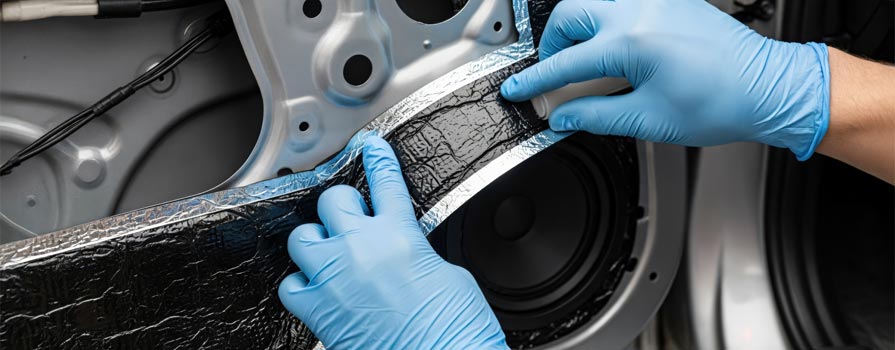
CDU Design Impact on EU PUE
Meeting EU Energy Efficiency Standards with Advanced CDU Cooling Power Usage Effectiveness (PUE) measures total...

Meeting EU Energy Efficiency Standards with Advanced CDU Cooling Power Usage Effectiveness (PUE) measures total...

What are Continuous Glucose Monitoring Devices?Continuous glucose monitoring (CGM) devices are small, wearable medical...

Why Scalable Cooling Matters for Modern Data CentersLiquid cooling must keep pace with rapidly increasing global data...

Introduction to NVH and BSR Noise, vibration, and harshness (NVH) are unwanted characteristics in a mechanical system....

Thermal Expertise for Europe’s Growing AI Market Europe is developing its own AI infrastructure to strengthen data...
Meeting EU Energy Efficiency Standards with Advanced CDU Cooling Power Usage Effectiveness (PUE) measures total...
What are Continuous Glucose Monitoring Devices?Continuous glucose monitoring (CGM) devices are small, wearable medical...
Why Scalable Cooling Matters for Modern Data CentersLiquid cooling must keep pace with rapidly increasing global data...
Have questions? We’re ready to help!